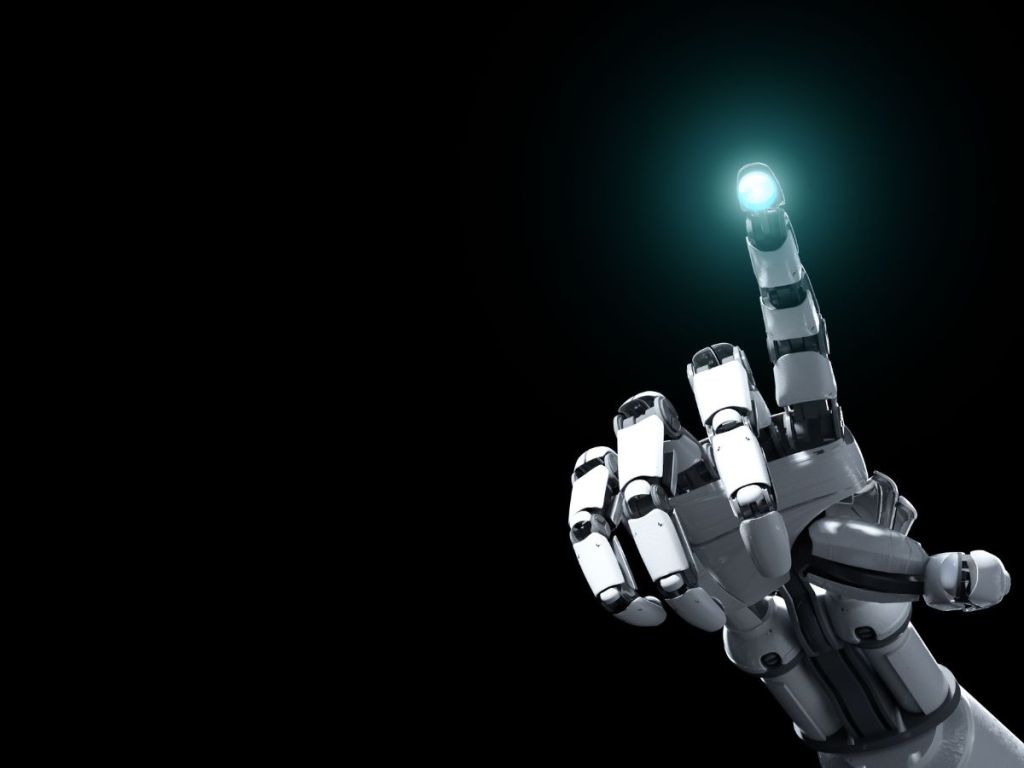Just about every corner of the internet is talking about AI (artificial intelligence). Most recently, AI-powered tool ChatGPT seems to be all the rage as rumours abound that it is able to pass medical board exams and may even ramp-up cheating in Aussie schools.
But what about jobs? How will AI impact the job market and which occupations are most at risk?
We dug in and found that a lot is destined to change in the coming decade or two. Unsurprising. So rather than asking which industries are going to fundamentally change, the better question probably is, which ones won’t? Few, very few.
Irrespective, here are the top five jobs most likely to disappear in the not-too-distant future. Hot tip: if it’s repetitive and monotonous, it’s probably at risk of soon being automated away.
What is AI?
AI is essentially a simulation of human intelligence, except it is done by computer systems or a machine.
There are many different types of AI-enabled machines, but they are typically designed to be experts in a particular field or role, and they have human capabilities such as natural language processing, speech recognition and vision.
AI customer service agents
Artificial intelligence-powered customer service automation is already a thing and it’s only likely to accelerate. How often do we find ourselves chatting to chatbots online or being pushed along through the voice-prompted-robot help desk when we call customer service? It’s becoming increasingly hard to speak with an actual human.

You see, pesky workers need to sleep and they like breaks. They also complain a fair bit and like to get paid. AI-powered robots work 24/7 and are on call around the clock to provide customer service. Unless your customer service gig is highly specialised, chances are AI is going to take your job eventually.
Technology proofreaders
Not everyone is great with the written word and professionals have historically been on hand to ensure that spelling and grammar is up to scratch. Well, the bad news is that AI software is already making the job of proofreaders increasingly endangered.
AI-powered tools are essentially laser-fast proofreaders with incredible capacity to constantly improve through machine learning. Tools like Grammarly already exist which automatically proofreads emails before being sent so that you don’t have to re-read your important emails a dozen times and risk looking like an idiot.
Security guards
When you think of a security guard, it’s often a sleepy fella walking around the building making sure there aren’t any dodgy folk walking about. It’s 2am and nobody is watching, so eventually he passes the time watching videos on YouTube. Now what if this could all be automated through AI? The security part, not watching YouTube.
Some businesses are already doing it as they have AI technology security robots cruising around with cameras, microphones and infrared beams to pick up on any would-be criminal activity.

Robots don’t eat, sleep or watch Youtube. They do their job 24/7 and will get in touch with real humans if anything serious goes down.
AI technology impacts courier services workers
We all love ordering stuff online and the thrill of the knock on the door when your package is delivered. With companies like Amazon offering 1-click shopping, it’s easy to forget the logistical hoops being jumped in the background to make sure your package from four different vendors is delivered within 24 hours.
Behind the scenes is a slick, but costly logistics and transportation operation run by a network of humans. That’s why companies are increasingly experimenting with drones and robots to deliver goods to enable shorter delivery times and streamlined logistics and supply chains.
For those who spend their day behind the wheel delivering packages to people all over the world, the trend is clear that AI technology is chipping away at those jobs, one day at a time.
AI already impacts fast food workers
Plenty of kids start out at Macca’s to get work experience and earn a few bucks during the holidays. But since food preparation is both repetitive and fixed-location, displacement is inevitable.
We see this already to some extent as some businesses have already started with automated order-taking, as early as 2017.
The obvious next step is food preparation and cooking. Consistency is key, especially with franchises, and who is more consistent than an artificial intelligence-powered robot who is trained to do one thing and can constantly improve through machine learning?
In the future, we are likely to see totally automated restaurants challenging those run by humans. Everything from ordering through to food preparation and delivery will be done by robots. Imagine one day a restaurant saying: “Hey, come eat with us because we have human beings instead of robots making the food, so it has that ‘personal touch’”.
AI technology displaces work that isrepetitive, simple and process-orientated
In the end, it seems as if the more repetitive, simple and process-orientated the job, the more likely it is to be impacted by automation and AI. If you’re lucky enough to be in a role that is strategic, complicated and requires nuanced communication, you’re probably okay. Well, at least for now.
Artificial intelligence is undoubtedly going to change the way we live. While some people think the impact is overblown, others have been freaking out for years.
“The development of full artificial intelligence could spell the end of the human race. […] It would take off on its own, and re-design itself at an ever-increasing rate. Humans, who are limited by slow biological evolution, couldn’t compete, and would be superseded.”
Stephen Hawking





